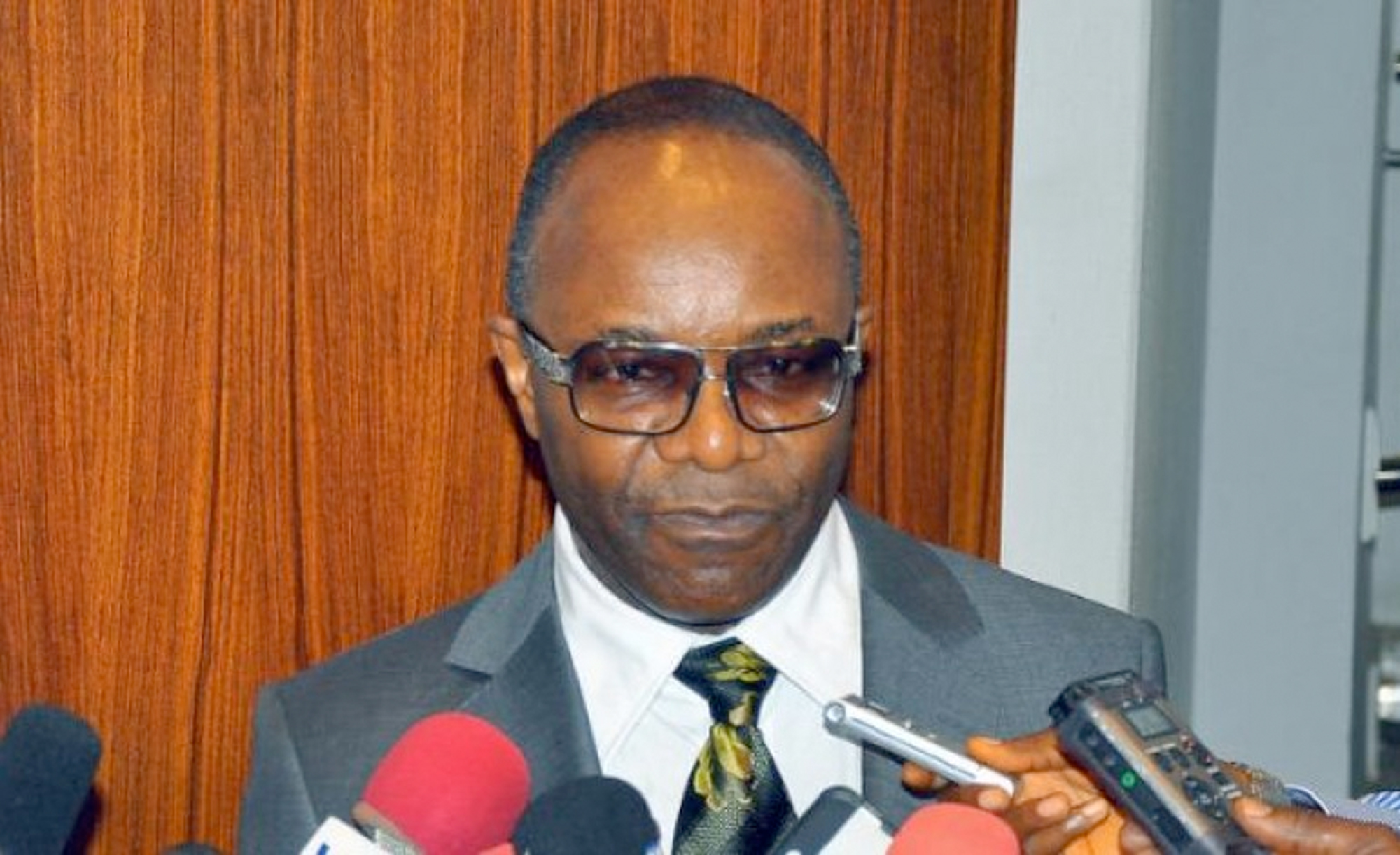- Corruption in Oil Industry Exaggerated
The Minister of State for Petroleum Resources, Dr Ibe Kachikwu, said corruption in the oil and gas industry was overblown.
Kachikwu said this in Abuja on Thursday at a news briefing shortly after the launch of the new roadmap tagged “The 7 Big Wins”.
He said, “I think sometimes the corruption indices in Nigerian National Petroleum Corporation are overblown, because sometimes people do not understand the technicalities of what is going on and the short answer is corruption.
“I do agree that there were all kinds of sleaze stories in the past, but if you look at the last one year and in the last 13 months, those have dramatically disappeared.
“The TSA definitely helped, being able to suck in all our funds in one pond, being able to look at long term focus.
“The fact that we have saved over a billion dollars through the Direct Sale Direct Purchase programme, it is something. Otherwise, it would have gone into private pockets.
“There are good people in the NNPC.”
Kachikwu said that in spite of doom stories that abound in the country, the petroleum industry was one sector that had said “there is hope, we can find solutions; we can solve problems.
He said, “The only thing that we must hold high is commitment and collegiality in trying to fix things. I believe if the petroleum ministry works, the rest of the country will work.”
On the issue of refineries, he said that the fact that they were working today was because there were local engineers who were able to resuscitate them.
He said, “The feeling of the Federal Executive Council and the President is that we should first get the refineries to be efficient before we talk about privatisation, otherwise, we will be selling scraps.
“In their present state, nobody is going to offer you serious money. A huge amount of investment is going into this.
“Secondly, there are union issues; we do not just take decisions, not recognizing that people work there.
“If you privatise in a hurry and are sucked into union issues, that closes the place and it does not function for years.”
The 7 Big Wins is a roadmap the petroleum ministry has embarked on to focus on short and medium term priorities to grow Nigeria’s oil and gas industry between 2015 and 2019.
The focus of the roadmap is Niger Delta and Security, Policy and Regulation, Business Environment and Investment Drive and Transparency and Efficiency.
It also includes Stakeholder Management and International Coordination, Gas Revolution and Refineries and Local Production Capacity.
NAN



 Naira4 weeks ago
Naira4 weeks ago


 Naira3 weeks ago
Naira3 weeks ago


 News4 weeks ago
News4 weeks ago
 Travel4 weeks ago
Travel4 weeks ago




 Naira4 weeks ago
Naira4 weeks ago


 Jobs3 weeks ago
Jobs3 weeks ago
 Naira3 weeks ago
Naira3 weeks ago


 Travel3 weeks ago
Travel3 weeks ago




















